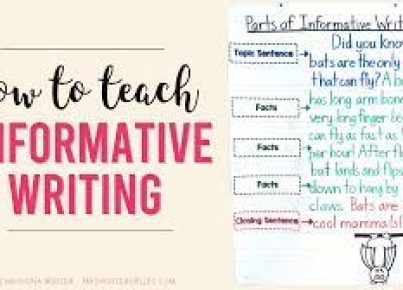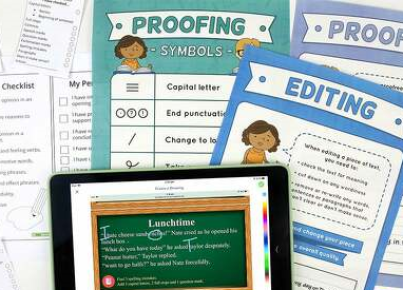Introduction:
A well-written essay is a powerful tool to convey ideas, persuade readers, and demonstrate the mastery of a subject matter. Students and teachers alike face challenges when it comes to crafting a concise, compelling, and well-organized piece. The following are the top five essay writing tips that will help both students and teachers improve their essay-writing skills.
1. Understand the topic and structure your argument:
Before diving headfirst into writing, make sure you have a firm grasp of the topic. Teachers should work with students to help them identify the key points of their argument. Students should carefully read the essay prompt or question to understand what is required of them.
To ensure clarity, outline your paper by organizing thoughts and dividing the content into an introduction, body, and conclusion. In your outline, list key points under each corresponding section.
2. Strive for clarity in language:
Clarity of thought is essential for a coherent essay. Use simple language whenever possible and avoid jargon or convoluted phrasing.
Paragraphs should have a clear focus, with each one dedicated to expanding on a specific point from the outline. Be cautious not to use multiple transition words or repeated phrases within a short span—this detracts from your essay’s readability.
3. Provide evidence to support your argument:
Essay writing often involves presenting an argument using evidence-based reasoning. Before introducing any evidence, keep in mind that quality trumps quantity.
Teachers must encourage students to critically analyze sources for credibility and relevance while teaching them appropriate citation methods. Similarly, students should be diligent about incorporating facts, statistics, or quotations from reputable sources.
4. Revise, revise, revise:
With ongoing deadlines and multiple assignments, it’s easy to rush through essays without giving adequate time for revisions. Omitting this vital step from your creative process can lead to small — but impactful — errors in grammar or content. For both students and teachers, revising should be an essential element, and it may require multiple rounds of editing. Occasionally step away from your essay and return with a fresh perspective.
5. Establish peer review practices:
Peer review promotes a culture of collaborative learning through constructive feedback and self-reflection. Teachers can implement regular peer evaluation processes to aid students in providing meaningful advice on each other’s work. Students benefit from exchanging feedback with their peers rather than relying solely on their instructor’s input.
Conclusion:
Essay writing is a crucial skill for students to master, and both students and instructors can play their part in improving performance. By understanding the topic, structuring arguments clearly, supporting points with evidence, revising diligently, and participating in collaborative peer review processes, students will be better prepared to succeed in producing well-crafted essays, not just during their academic careers but also in their future professional endeavors.




